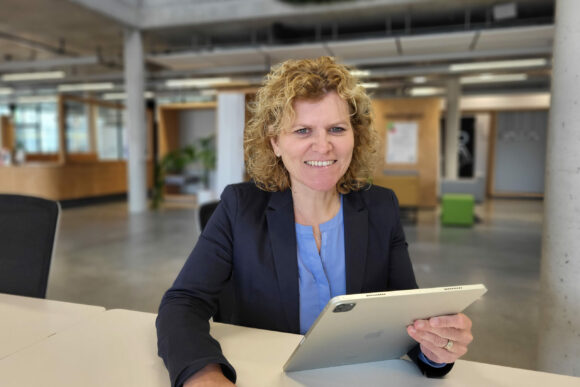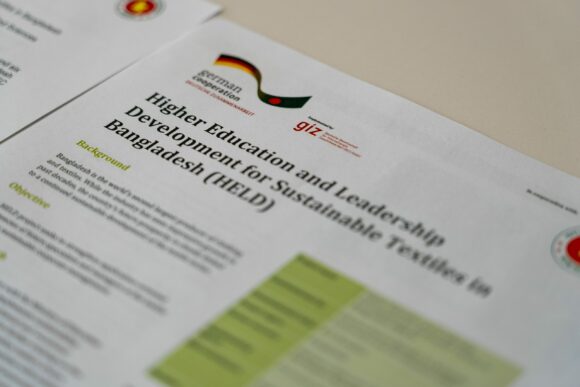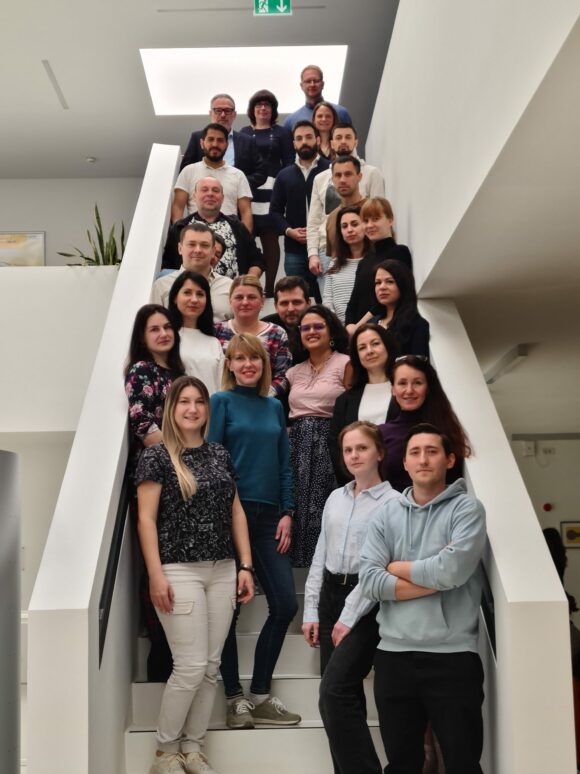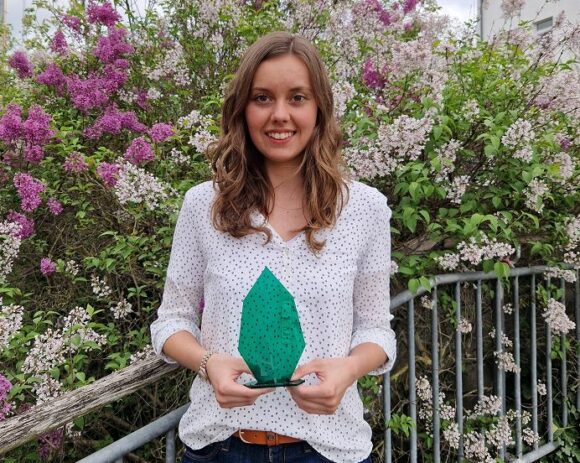During the International Teaching Week, a new cooperation agreement was signed with the Universidade de São Paulo. At Hof University of Applied Sciences, the agreement will initially affect the Faculty of Engineering. We were able to talk to Dean Prof. Dr.-Ing. Anke Müller and Prof. Dr. Christoph Koch, who maintains good contacts with the USP and is the initiator of the cooperation, about the goals of the agreement.
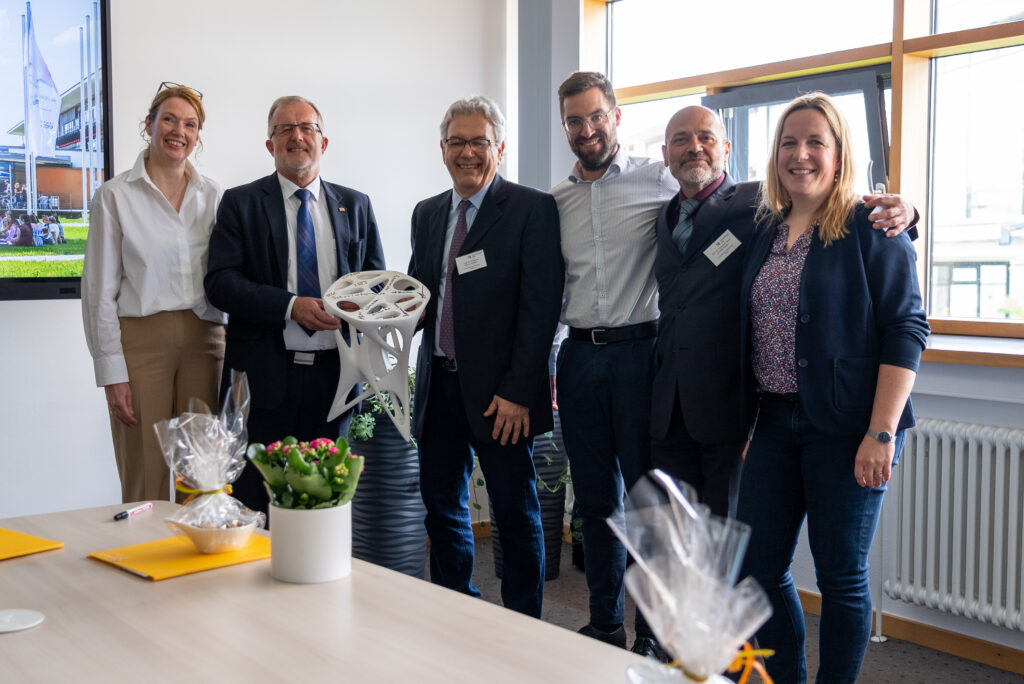
Prof. Dr. Koch, you took over the Operational Excellence teaching area at Hof University of Applied Sciences last fall. Where did your contacts to South America come from?
CK: “I spent part of my mechanical engineering studies at the USP campus in Sao Carlos in 2009/2010 and then coordinated the exchange between USP and TUHH as a research assistant at TU Hamburg between 2013 and 2016. I therefore know the people there quite well, even though my on-site student experience dates back a few years. As a German student, I was very prominent on campus, because not so many German students go to a Brazilian university. That has not changed to this day. So I place all the more hope in our Hof students. Let’s go!”
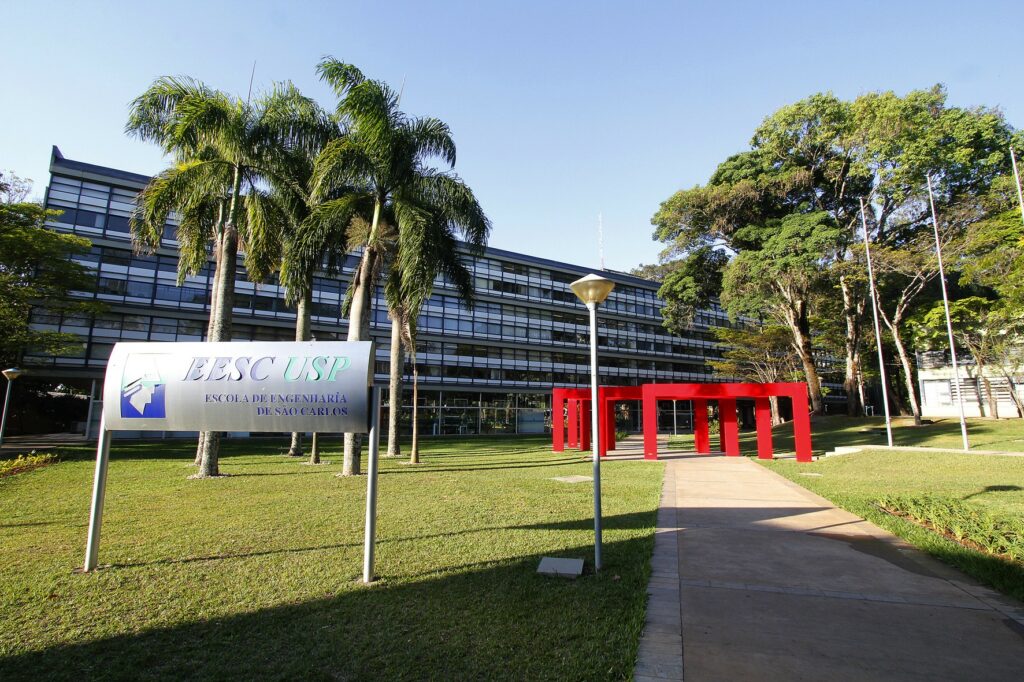
When did the idea come up that a cooperation with São Paulo could make sense and why?
CK: “The idea came up right after the appointment. I have been in contact with colleagues from Brazil since 2009, and fortunately this has never broken off. While the USP has many differences from Hof University, it also has a surprising number of similarities. The entire USP has almost 100,000 students, which is naturally huge by our standards. However, only about 4,000 students study at the School of Engineering, with which the agreement was signed, making it comparable to Hof University.
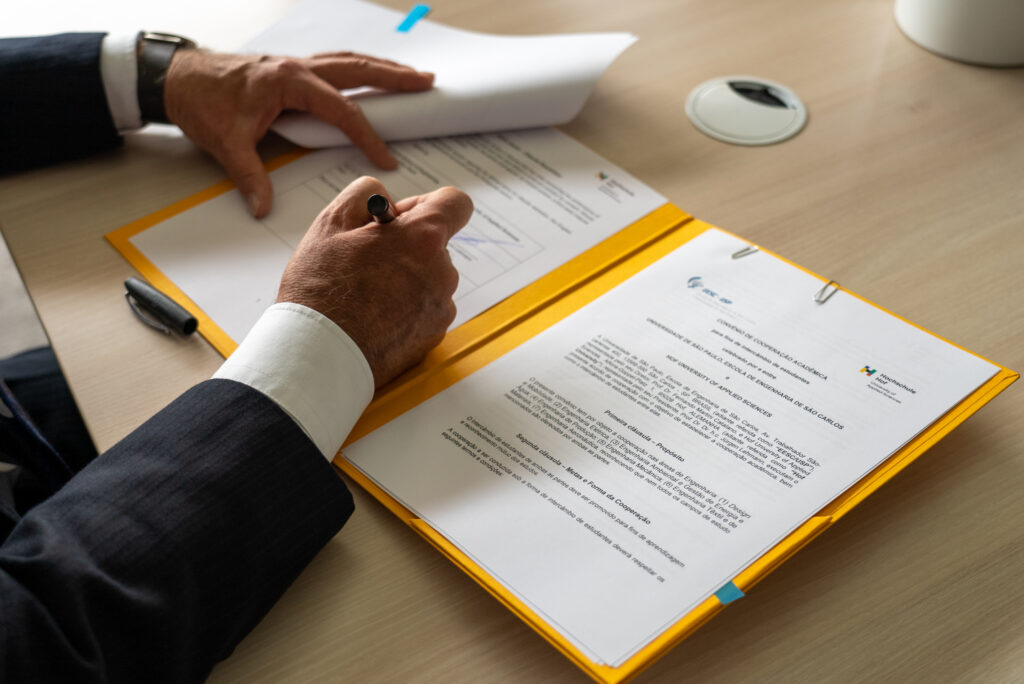
Our students have the opportunity to immerse themselves in a new culture, learn a new language and make new friends. Just a few weeks ago, a friend from Brazil, who now lives in France, visited me in Germany. A return visit has long been planned. In addition, all the larger German companies are located in Sao Paulo and can certainly offer our students valuable practical experience. I met some other European students at the time who added an internship in a company after their semester abroad. The opportunities are many.”
How did they react to the idea in Brazil?
CK: “They were on fire right away! The high speed of implementation also speaks for itself. We set up the agreement in less than half a year, and the driving force here was certainly Prof. Almada, who set an impressive pace. Brazilian nonchalance my ass! My thanks also go to the staff of our university’s International Office, who have been fully on board.”
How does a South American university differ from a German one – where do you think the biggest differences lie?
C.K: “USP is a very large and very renowned university that can afford to conduct elaborate entrance tests. The level of teaching and also research is generally very high and, due to the smaller courses and good supervision ratios, rather comparable to an HAW. The biggest difference is probably the increased focus on research. All professors are required to publish a certain number of papers and apply for research projects. The nice thing is that students are usually intensively involved in research. Incidentally, my first publication in an international journal dates back to my year abroad in Sao Paulo. This can also be a super-exciting experience for our students, as they can see the diverse academic world from a different perspective for a change.”
Dean Prof. Müller, when did it come to the point where you had the conversations?
AM: “International Teaching Week was the perfect opportunity for this. We invited Director Prof. Fernando Catalano from the School of Engineering at the University on Sao Paulo – which is based at the Sao Carlos site – and his colleague Prof. Fernando César Almada Santos to do this. Both also gave guest lectures with us: for example, on the influence of the flow behavior of aircraft on the environment, e.g. in kerosene consumption, and on the understanding of culture and organizations in national and international cooperation between engineers. Accompanying this, of course, we were able to talk about expanding the planned cooperation.”
Fortunately successful..
AM: “Yes, we have concluded a student exchange agreement with the School of Engineering for our modular bachelor’s degree program in engineering and thus all fields of study from mechanical engineering, industrial engineering, environmental engineering, materials engineering and electrical engineering. The School of Engineering also has a large number of research institutes in the engineering field, which is very interesting for our students, for example, for student research projects.”
When are you planning to start the exchange and what exactly do you expect from it in concrete terms?
AM: “The agreement is running – so theoretically, the next student could approach the International Office right now to plan his/her semester abroad. I would personally recommend the exchange starting in the 5th semester of the engineering program.”
Prof. Koch, will you also be specifically involved here?
CK: “I very much hope to be involved in some way, although I am not a member of the engineering faculty. I am happy to be available as a contact person for all questions regarding a stay abroad in Brazil/Sao Paulo. Especially at the beginning, the questions are more of a general or organizational nature and less technical. I am very much looking forward to the exchange with the students and would definitely like to motivate them for a stay abroad in Brazil.”
AM: “I thank Christoph very much for the first stone he has set rolling here. Together, we will organize the return visit in the fall on site and, in perspective, roll it out for further study programs at the university, because the range of studies there on site is extremely diverse.”
Thank you very much for the interview!




